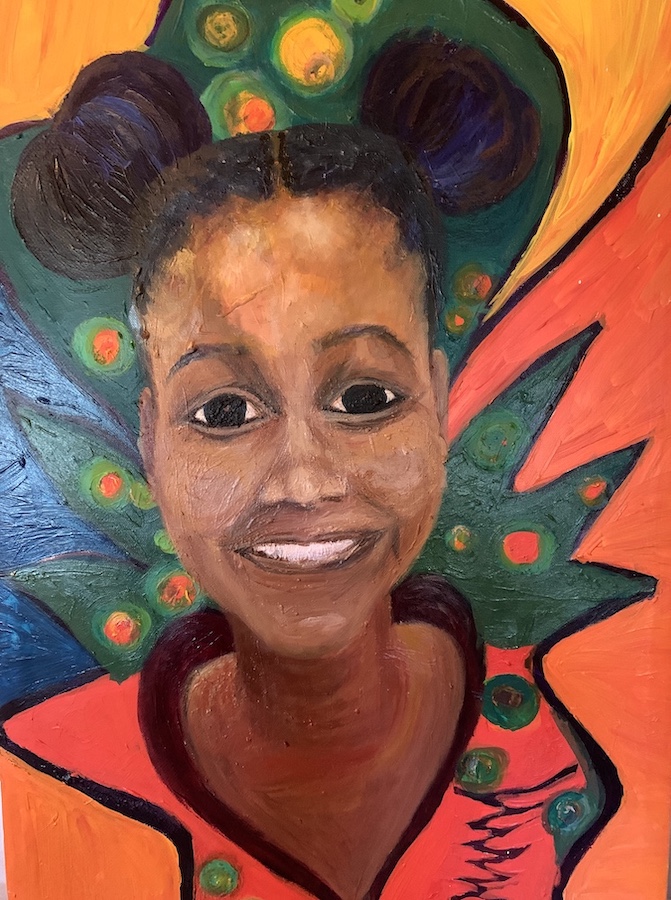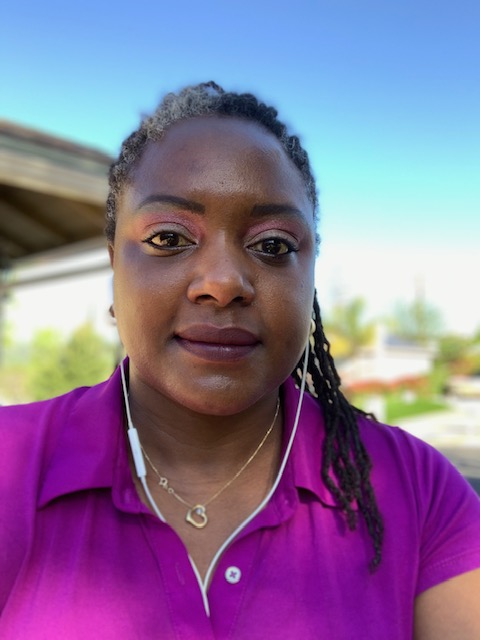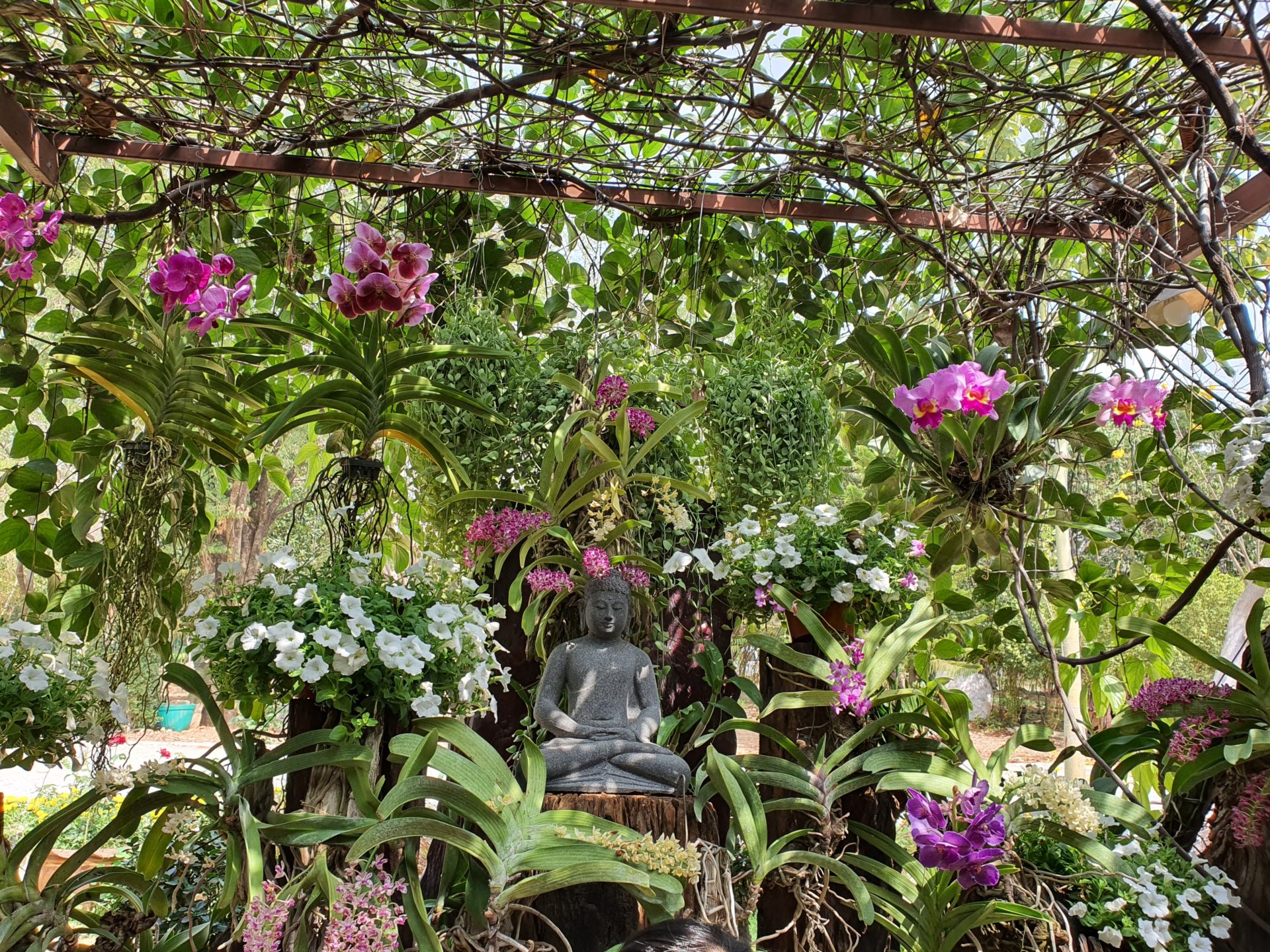By Edissa Nicolás-Huntsman

I’m used to change. My life had already begun a new cycle in the summer of 2019. We sold our home in San Francisco and moved to Los Angeles, California, to be nearer my deceased sister’s children. My husband and I walked away from our long-term community of friends, our jobs, and my new career to support our brother-in-law who had a kidney transplant earlier in the year.
By Edissa Nicolás-Huntsman

I’m used to change. My life had already begun a new cycle in the summer of 2019. We sold our home in San Francisco and moved to Los Angeles, California, to be nearer my deceased sister’s children. My husband and I walked away from our long-term community of friends, our jobs, and my new career to support our brother-in-law who had a kidney transplant earlier in the year. After numerous challenges, our new life was underway. We found a home, unpacked, and embarked on finding our routine, building new community, and planning our days. In January, the pandemic signaled more changes to come. We did what we always do: adapted. What was unexpected is the way this disease has amplified, even magnified, many aspects of society and interpersonal relationships.
First, I confront my own inability to withstand illness. I isolate early for my well-being. This luxury is the fruit of much hard work and some miracles. I can make this choice because I live with moderation, frugality, and awareness. I choose health. The future is out of my control. My early radical acceptance of this reality gives me agency to direct attention to what I can do safely at home. I blog regularly, continue my studies, stay connected with friends and family, and act deliberately with mindfulness. As a black woman and immigrant, I easily embrace this.
Very quickly, we prioritize based on urgency: caring for family, teaching, writing, and finding a new job and political activism. I see that we are all connected, our histories raveled together like an old blanket. My emotions have an important role to play in this narrative—they touch my awareness. Through them, I use my gifts and training to transform their energy into beneficial resources.
Sometimes emotions manifest as compassion: I find the right words to act and touch the heart of someone in need as quickly as I can. Things that would have waited in the past are sparked with urgency and tenderness. The sense of procrastination has dissipated with the deaths and the loss of connectivity. That immediacy allows the energy of love to alter reality. I pick up the phone when it rings, knowing that someone’s heart is in the balance.
This same urgency to respond extends to the darkness of hungry ghosts. When I first read Thich Nhat Hanh’s writing as a young twenty-year-old, the image of the hungry ghost captured my mind. I recognized that energy of predation from the many needy souls who preyed on me as a child because I was courageous, trusting, and open to everyone. As I learned to love, protect, and care for myself, the hungry ghosts were kept at bay. But now, the pandemic has brought many hungry ghosts to feed upon the weak and vulnerable. My strength allows me to protect others by using my voice while still maintaining safe distance.
I didn’t know that writing could give me this much agency and power over the environment. Yet my lack of skills has a great cost. I meditate and ask for guidance from the highest sources, asking for grace, wisdom, and compassion to accompany my words so that I can transform energy around me and open dialogue.
Sometimes my anger is white hot—an ember of injustice—a feeling I was not permitted growing up, but now it is a powerful tool. I use my anger to guide my attention to a root of injustice; then I direct my truth in accordance. After the feeling and the action, I release the emotion and return to my center: peace and serenity. It’s the only place from which I can thrive.
My appeals to justice, duty, honor, and integrity fall on deaf ears. But it is my rage that transforms the paradigm after weeks of trying to convince my teacher to do his job and serve his students. Our new teacher makes up for this, doubly so, with her carefulness and skills. She gives us hope and community where we were stranded. I water her seeds with kindness.
Sadness washes over me. I see it in the hood of my husband’s eyes. The isolation grows unbearable. We cry together for the children who cannot study because they lack computers and Internet access. We cry for those who cannot tend their sick loved ones. I cry for my niece and nephew, whom I cannot hold because their father is immunocompromised. The emotion transforms the meaning of the moment.
Somehow, in the middle of the chaos, I am able to speak to my mother in a way she can hear. She sees me for the first time in my life. I am bursting with gratitude—the moment has yielded exquisite fruit. I savor it. One sister is dead; the other far away in more ways than can be counted. This connection with my mother is precious.
I call people whose voices I’ve not heard in some time. I make peace where I can. In other places, I assert my humanity and demand my dignity. We don’t know how long we have, and I don’t want to waste a moment in toxic relationships. The moment demands of us introspection, self-reflection, and tenderness. Some of those seeds lie dormant, but this is a good time to awaken them with intention. I have learned to ask for what I want. I take no less.
Most days, my husband and I share the entire day. This new intimacy is delicate—a fine flower in the long stretch of desert. My husband is tender. He loves the company of friends; regular camaderie in society invigorates him. I am nearly the opposite. The pandemic has afforded me insulation from the daily enactments of racism, sexism, and aggression that have characterized most of my life. My home is a refuge from the casual contempt, unkindness, discrimination, and violence of strangers, a reprieve from marginalization, and disregard and exclusion in public places. My words grow softer by the day, our walks longer. This rare gift of space is time for contemplative baths, daily writing, and caring for friends and family. This praxis begins at home. I stay present.
I am no longer able to comb my niece’s hair or tickle my nephew. The two miles between us expand daily. We are so close yet far away. Still, new people find their way into my life. I am amazed at the intricacies of our interconnectivity. An associate becomes a thoughtful mentor and guide as I embark on a new career in my new city. Starting over from scratch, I am unafraid—full of aspirations, love, and joy. Another healing is opening in my life, like a lotus flower in the heat of summer.

Edissa Nicolás-Huntsman, Healing Mountain of the Heart, is the contributing author of “Audacious Warrior: Ernestine Rose” in Fierce: Essays by and About Dauntless Women. She lives and writes in Santa Clarita, California, US.

